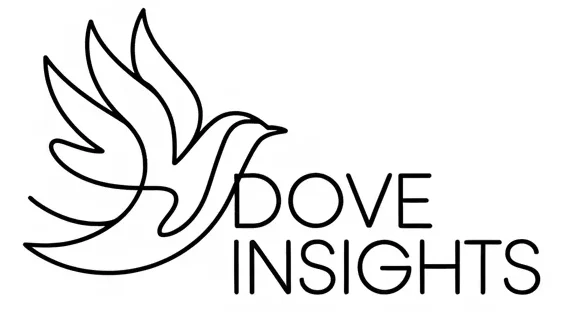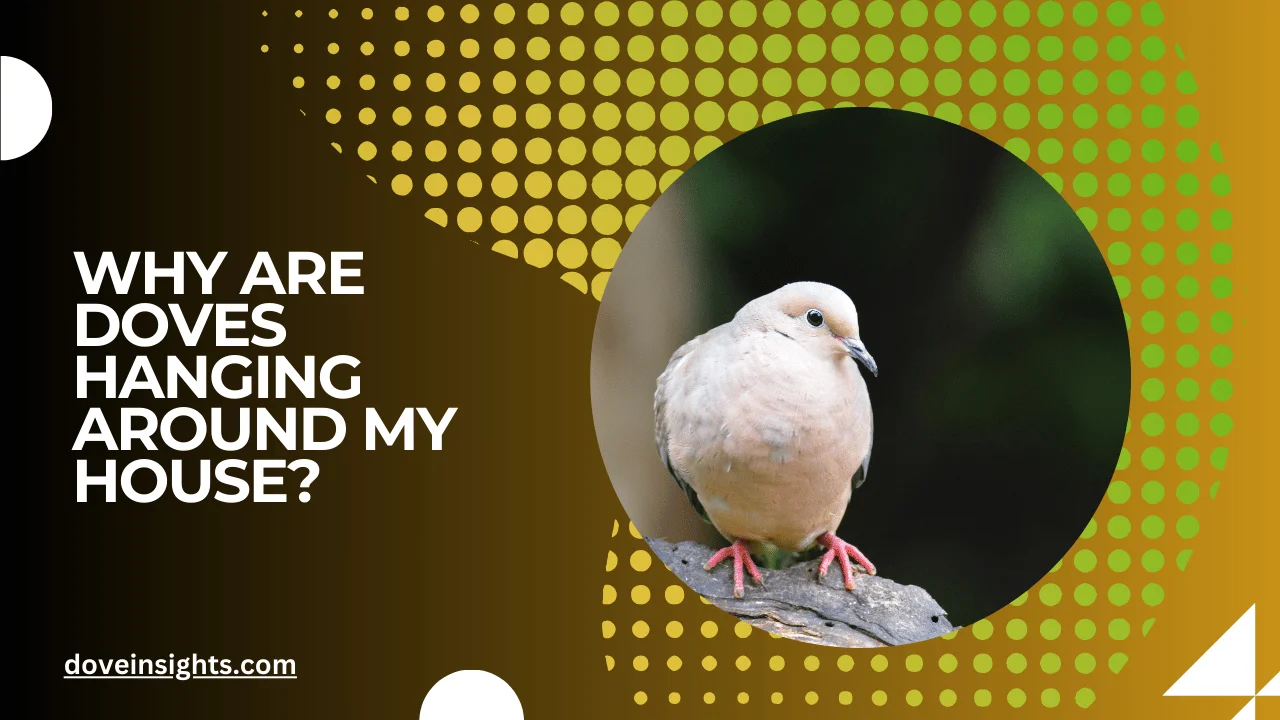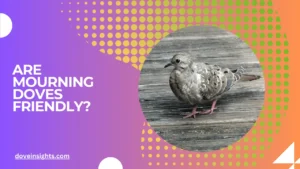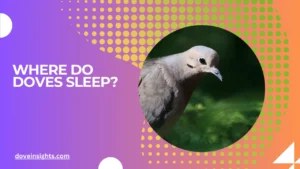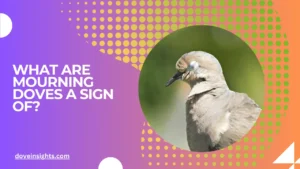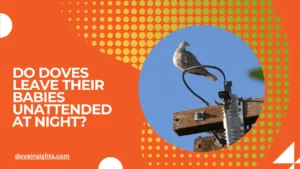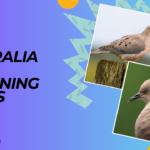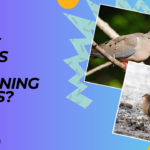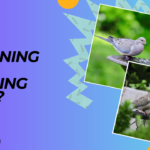Have you recently noticed doves perched on your porch, fluttering around your garden, or even nesting near your windows?
It might feel like a random occurrence, but these gentle birds often have very specific reasons for choosing a particular location. Whether it’s a search for food, shelter, or a safe nesting spot, their presence is usually a reflection of their needs and the environment your home provides.
Doves are often regarded as symbols of peace and love, but their behavior is deeply rooted in practicality. Their choice to frequent your house might be tied to favorable conditions, such as abundant food sources, safe nesting spaces, or minimal predator activity.
Understanding their habits and what attracts them can offer not just insight into their lives but also a chance to coexist harmoniously with nature.
This article explores the possible reasons doves are drawn to your home, the significance of their presence, and what steps you can take to either encourage or discourage them.
By the end, you’ll have a comprehensive understanding of these fascinating creatures and their behavior, enriching your connection to the natural world.
Contents
Dove Behavior and Preferences
Characteristics of Doves
Doves are known for their calm demeanor, soft cooing sounds, and graceful movements. They are social birds that often move in pairs or small flocks, seeking areas that offer a mix of resources for survival.
Why They Choose Specific Locations
Doves tend to favor areas with ample food, water, and safety. If your house offers one or more of these essentials, it becomes an attractive spot for them to linger or even nest.
Common Dove Habits
You might notice doves perching on flat surfaces like railings, roofs, or ledges because these spots mimic the open spaces they prefer for resting or keeping watch for predators.
Food Sources Around Your Home
Natural Food Availability
Doves are primarily granivores, feeding on seeds, grains, and small fruits. If your garden or yard has plants that produce these, it’s a natural magnet for doves.
Bird Feeders and Human Influence
Many homeowners unintentionally attract doves by offering bird feeders stocked with millet, sunflower seeds, or cracked corn. These are some of their favorite foods, making your yard an irresistible buffet.
What to Avoid Feeding Them
While it’s tempting to feed doves bread or processed foods, these lack the nutrients they need and can harm their health. Stick to natural, bird-safe options if you wish to provide food.
Shelter and Nesting Opportunities
Safe Nesting Spots
Doves seek quiet, protected areas to build their nests. They prefer flat, stable surfaces like eaves, gutters, or tree branches near your house.
How Your Home Provides Shelter
If your house has dense shrubs, overhangs, or sheltered corners, it offers ideal conditions for doves to nest or roost. The lack of frequent disturbances makes these spots even more appealing.
The Role of Urban Adaptation
As natural habitats are disrupted, doves increasingly adapt to urban settings. Your home might be a part of this shift, offering a reliable alternative to their dwindling natural options.
Signs of Safety and Minimal Disturbance
Low Predator Presence
Doves are cautious birds that avoid areas with visible predators, such as cats, hawks, or snakes. If your yard feels relatively safe and quiet, it becomes a refuge for them.
Human Activity Levels
Surprisingly, doves can tolerate moderate human presence as long as there are no sudden movements or loud noises. Consistent and gentle activity around your home might actually reassure them.
Structural Features That Offer Security
Flat ledges, fences, and sturdy tree branches near your home provide ideal perching and nesting spots that make doves feel secure.
Managing Dove Activity Around Your Home
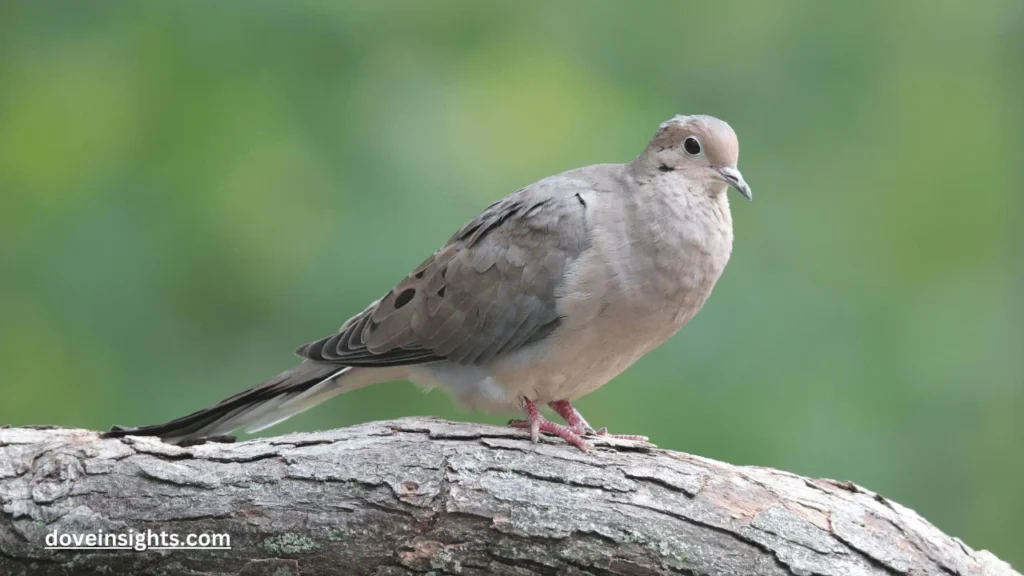
Encouraging Their Presence
If you enjoy having doves around, consider providing a dove-friendly habitat by setting up bird feeders, planting native shrubs, and ensuring a steady water supply.
Discouraging Their Presence
For those who prefer fewer bird visitors, deter doves by removing food sources, trimming dense shrubs, and using reflective or noise-making deterrents to make the area less appealing.
Striking a Balance
Whether you’re looking to attract or discourage doves, aim to do so in a way that is respectful to their natural behaviors. Striking a balance ensures both your needs and theirs are met.
Conclusion
Doves hanging around your house is rarely a random occurrence. These birds are drawn to areas that offer food, shelter, and safety, reflecting their natural instincts and adaptability. By understanding their behavior, you can either foster their presence or take steps to gently deter them, depending on your preference.
In summary, doves are not just peaceful symbols but also practical creatures responding to their environment.
Whether you see their visits as a welcome connection to nature or a minor inconvenience, recognizing their needs and habits allows for a more informed and harmonious coexistence.
By paying attention to the signs and making thoughtful choices, you can play a role in supporting these gentle birds or redirecting them with care.
After all, the way we interact with nature says as much about us as it does about the creatures we encounter.
FAQ’s
Why are doves staying around my house?
Doves might be attracted to your house due to food availability, safe shelter, or minimal predator activity.
What do doves eat when they visit homes?
They typically eat seeds, grains, and fruits, often from bird feeders or natural vegetation.
How can I discourage doves from nesting near my house?
Remove food sources, trim shrubs, and use noise or reflective deterrents to discourage nesting.
Is it good luck if doves are near your house?
In many cultures, doves symbolize peace and harmony, making their presence a positive omen.
Can I feed doves in my yard?
Yes, but ensure you provide bird-safe foods like seeds and avoid bread or processed snacks.
Why do doves coo near my house?
Cooing is a form of communication for doves, often related to mating, territory, or alerting others.
